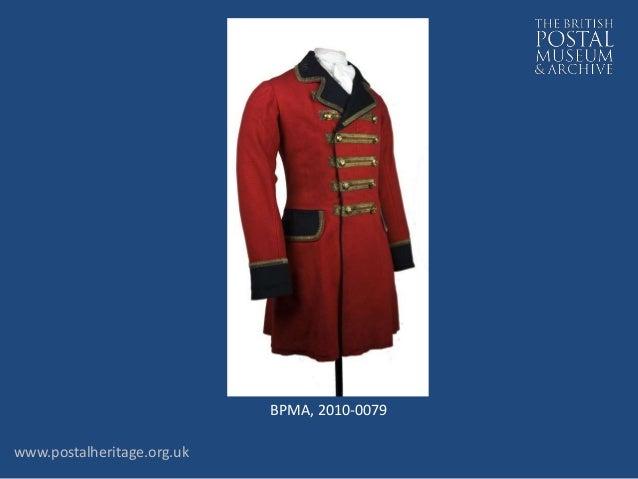The Robin Turdus migratorius
There is nothing bashful about the Robin with their loud red breasts, loud melodic singing voices and bold opportunistic habit of following us around to cash in on the insects and worms we expose as we walk through patches of rotting leaves or dig our gardens with our spades, they can become extremely tame and some will feed from the hand. In medieval times it was popular to give birds human names as in Jack Daw and Jenny Wren. Robin was originally a diminutive of Robert, but Chaucer called them "Tame Rudducks" which is perhaps an older name. Other common names include Bob Robin, Bobbies, Ploughman's Bird, Robinet and Robin Ruck.
There are many stories about how the Robin got a red breast; one
is that it was scorched whilst fetching water for the souls of purgatory which is why the Welsh call Robins Brou-rhuddyn (Burnt Breast). Another legend has it that the Robin’s breast became
stained red with blood of Christ whilst it sang to ease his pain on the cross, but this is not
the reason why the bird occurs on our Christmas cards. The
birds traditional place on Christmas cards started in Victorian times when
there was a tradition that the postman would deliver your Christmas
cards on Christmas day. The postmen wore red jackets and were nicknamed
Robin Redbreasts.
 |
| Early Victorian Postman's Jacket |
BRITISH BIRDS IN THIS SERIES SO FAR
Bullfinch
Gold Finch
House Sparrow
Mute Swan
Blue Tit
Long Tailed Titmice
Robin


No comments:
Post a Comment